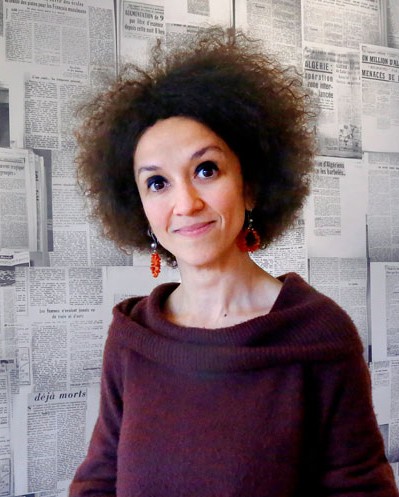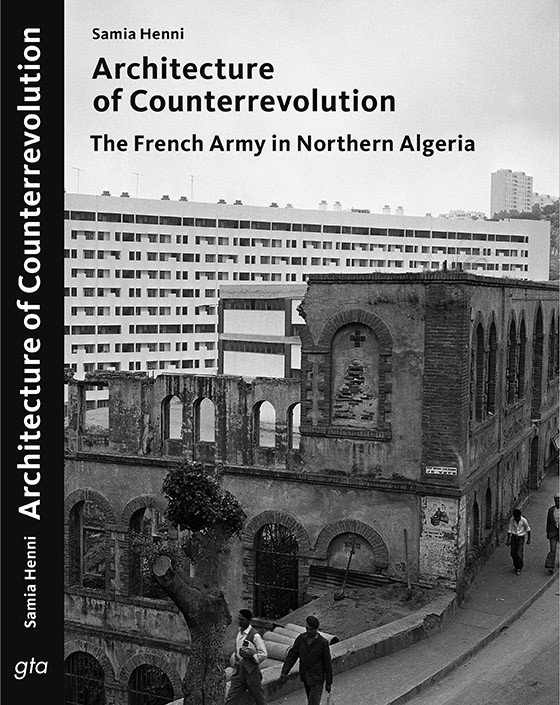Henni honored by Society of Architectural Historians
By Patti Witten
Samia Henni, assistant professor in the College of Architecture, Art and Planning, has received the 2020 Spiro Kostof Book Award from the Society of Architectural Historians.
Henni, who teaches in the History of Architecture and Urban Development (HAUD) Ph.D. program, was honored for her first book, “Architecture of Counterrevolution: The French Army in Northern Algeria” (2017).
The award, established in 1993 in recognition of the career and writings of architectural historian Spiro Kostof (1936–91), is given to outstanding interdisciplinary studies of urban history that make the greatest contribution to the understanding of the growth and development of cities.
“I am thrilled that my first book is one of the recipients of this eminent award given in memory of Professor Kostof’s influential scholarship and his exceptional approach to architectural history,” Henni said. “This is truly the highest distinction and the most honorable recognition that I can aspire to. I am extremely grateful to the SAH for supporting and endorsing scholarship on the destroyed and built environment resulting from violent colonial practices and military measures, which, to this day, continue to be part of the daily lives of millions of people around the world.”
Henni’s book examines the intersection of French colonial policies and military counterinsurgency operations in architecture in Algeria during the Algerian Revolution (1954–62). During this bloody and protracted armed conflict, the French civil and military authorities reorganized Algeria’s vast urban and rural territory with profound effects. Built environments were drastically transformed by the colonial regime, infrastructure rapidly “implanted” and new settlements were strategically built to keep Algeria under French rule, according to Henni.
Focusing on three interrelated spatial counterrevolutionary measures, Henni’s research provides an extensive analysis of the massive forced resettlement of Algerian farmers, the mass-housing programs designed for the Algerian population as part of Gen. Charles de Gaulle’s Plan de Constantine, and the new fortified administrative town planned for the protection of the French authorities during the last months of the Algerian Revolution. One of the aims of the book is to depict the modus operandi of these settlements, their roots, developments, scopes, actors, protocols, impacts and design mechanisms.
Henni received her Ph.D. in the history and theory of architecture from ETH Zurich. She teaches architectural history and theory with a focus on colonialism, deserts, displacement, intersectionality, gender and war, from the European colonization of the Americas to the present.
Patti Witten is a writer for the College of Architecture, Art and Planning.
Media Contact
Get Cornell news delivered right to your inbox.
Subscribe


